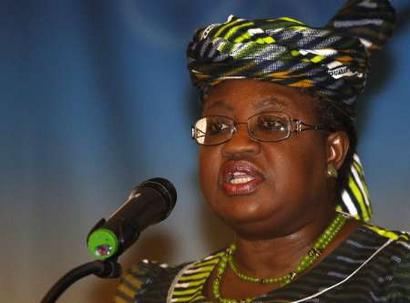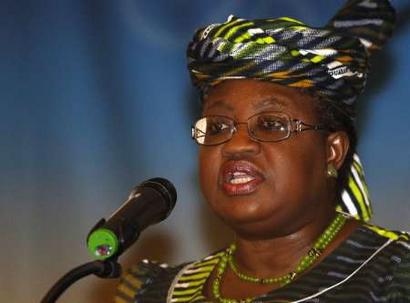Nigeria’s Sovereign Wealth Fund – planning for a rainy day – By Songhai Advisory


Ngozi Iweala – Nigeria’s Minister of Finance – who is teh driving for behind the proposed Sovereign Wealth Fund
Songhai Advisory LLP is a bespoke business intelligence consultancy providing critical insight on market opportunities in Sub-Saharan Africa.
Nigeria is one of only three OPEC member states not to have a Sovereign Wealth Fund (SWF) – the other two being Iraq and Ecuador. A number of oil rich economies have put in place SWFs consisting of financial assets, with a view to safeguarding national wealth. But Nigeria’s newly re-appointed Finance Minister Ngozi Iweala has placed the creation of the Nigeria Sovereign Investment Authority (NSIA), high on her list of priorities. This has gained aplomb from some and real scepticism from others, particularly the powerful state governors.
Since 2008 Nigeria’s economy has grown faster than the Sub Saharan African country average in defiance of the global financial crisis – largely because of high oil prices and strong performance of the non-oil economy. Crude oil prices are high (at around US$110-120 per barrel of Bonny Light) – well above the budget benchmark price of US$58. But the heavy reliance on oil exposes Nigeria’s economy to the fluctuations in the global price, and with meagre growth in Eurozone countries, we could see the price per barrel head downwards, especially if Middle-Eastern output picks up.
The rationale for creating the NSIA is pretty clear. KPMG, the global auditor and consultancy, has been tasked by the Nigerian government to commence the process of composing the SWF management team, and is actively looking in Nigeria and within the Diaspora community for able Nigerians to fill the positions of CEO, Chief Investment Officer and Chief Risk Officer.
But the country’s powerful state governors have attempted to thwart this reform agenda. Twenty-three state governors recently applied to the Supreme Court in a bid to halt the government’s planned removal of US$1 billion from the country’s savings account from crude oil sales (the Excess Crude Account). The US$1 billion has been planned as an initial buffer for the SWF, but the governors wished to stall the removal of any amount from the ECA pending the outcome of a legal challenge against the federal government for failing to pay in 5.51 trillion naira (US$34.7 billion) which the governors claim had accrued to the ECA between 2004 and 2007 through crude oil sales, petroleum profits tax and oil royalties.
The overriding sentiment from state governors is that the SWF is illegal because it undermines the constitution regarding the distribution of revenue across the three tiers of the executive. Bola Tinubu, former governor of Lagos state, considers that an SWF will alter the federal character of Nigeria and that it “improperly confiscates funds meant for state and local government to use these funds for purposes determined solely by bureaucrats hired by the Federal Government. It gives too much latitude to the “˜Authority’ established to administer it. The structure lacks transparency and this lack of openness will encourage malfeasance and the misuse of the funds.”
But it is precisely because of the impropriety and lack of legal rigour relating to the ECA, created in 2004, that the SWF or the NSIA has been established. During an address given by His Excellency Dr Dalhatu Tafida, the Nigerian High Commissioner to the UK, at an event hosted by the Business Council for Africa in London in November, Tafida gave assurances that the issue of the SWF is now being resolved. But it remains to be seen if the governors will acquiesce and eventually support an initiative which, at least prima facie, provides the best attempt so far of saving Nigeria’s oil wealth for a rainy day.






